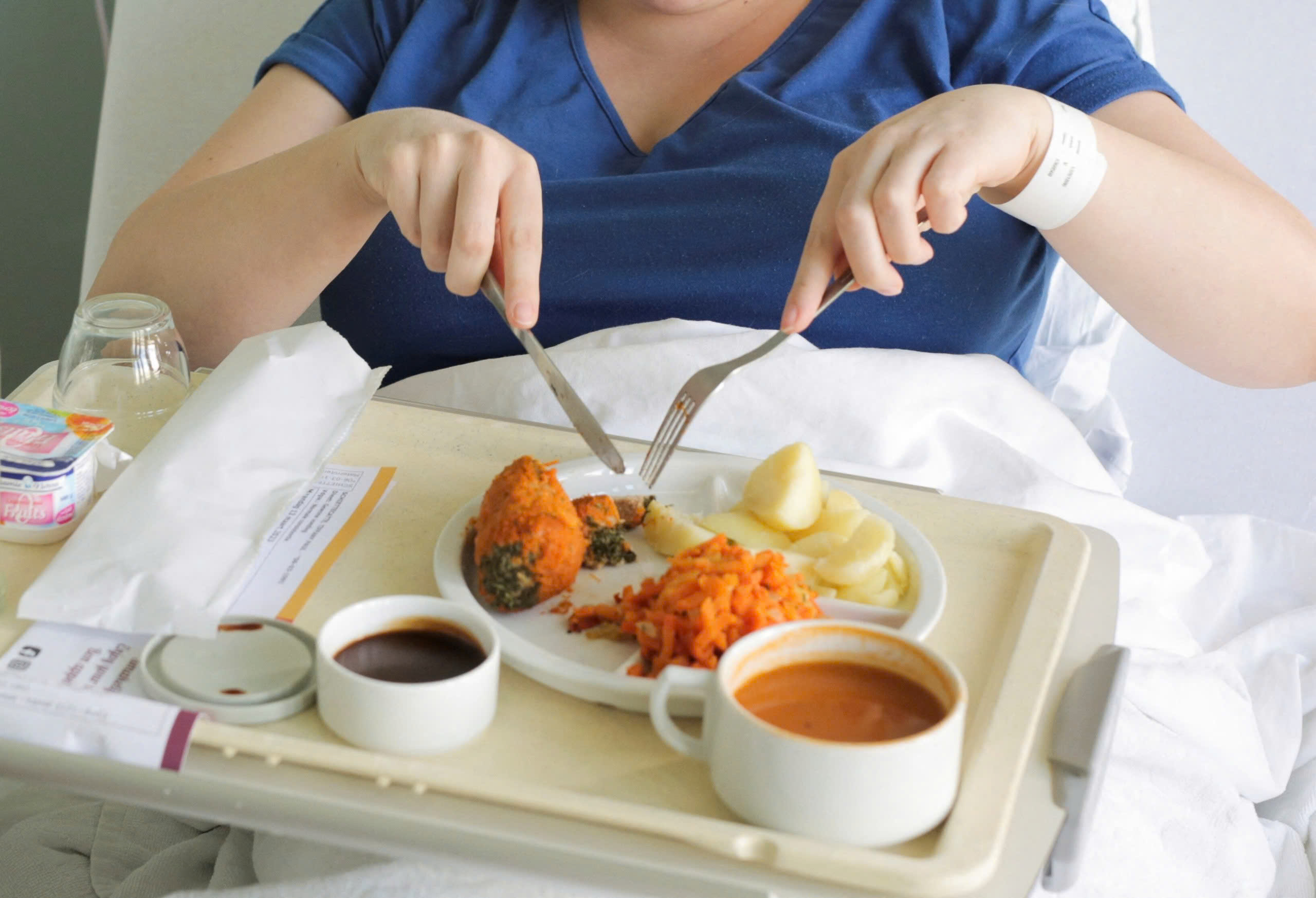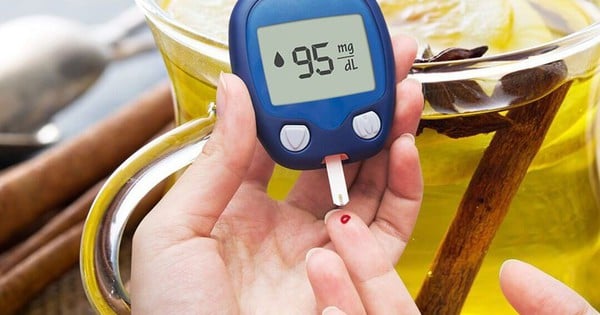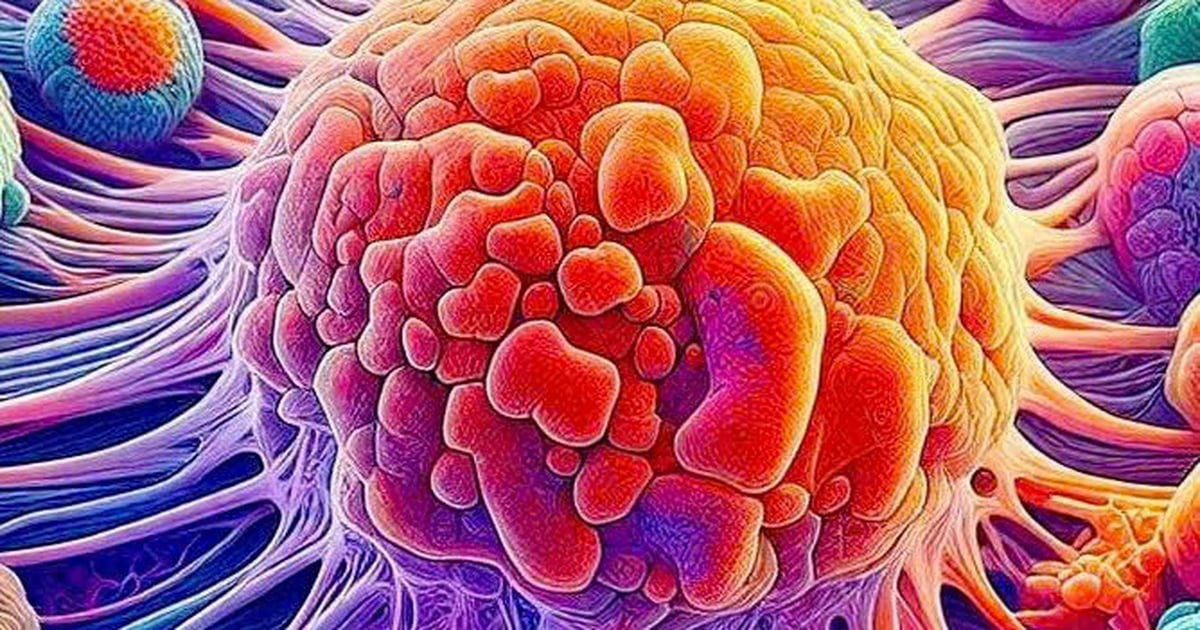Starting the day with health news , readers can also read more articles: Doctors show simple exercises to help keep eyes healthy; Insomnia, when is it a sign of liver disease?; New discovery about the best time to eat breakfast for people with diabetes...
4 drinks when consumed at night will help keep your kidneys healthy
Factors such as genetics, stress, and aging can damage the kidneys and increase the risk of kidney disease. Some drinks, when consumed in the evening, will help the kidneys function better and prevent the risk of disease.
The kidneys are one of the most important organs in the body, from filtering blood, balancing water in the body to regulating pH, salt and potassium levels. Healthy kidneys will help the body filter waste and balance hormones effectively, according to health experts Healthline (USA).

Lemon juice contains nutrients that can help prevent kidney stones.
To keep kidneys healthy, people can drink the following drinks in the evening:
Carrot juice. Some research evidence suggests that drinking 2 small glasses of carrot juice a day will help cleanse the kidneys. The potassium, vitamin C and antioxidants in the juice help boost immunity and improve kidney function. In addition, carrots also contain citrate, which reduces the acid content in urine and helps prevent the formation of calcium oxalate kidney stones.
Green Tea. Green tea is one of the best drinks for your kidneys because it is rich in catechins, an antioxidant that reduces inflammation in the body. Additionally, drinking green tea before bed (at least 2 hours before bedtime) can improve your overall health by reducing stress, aiding digestion, weight loss, and controlling blood sugar. The next part of this article will be on the health page on December 12.
Insomnia, when is it a sign of liver disease?
Occasional insomnia is normal. However, persistent insomnia can be caused by an underlying health problem. Experts say insomnia is not always caused by stress, but can also be caused by liver problems.
Fatty liver disease can affect sleep and cause difficulty sleeping. It occurs when excess fat builds up in the liver and causes inflammation, eventually leading to hepatitis.

Insomnia and difficulty sleeping are not only caused by anxiety and stress but can also be caused by liver problems.
In fact, the sleep-wake rhythm of people with fatty liver disease will be slightly different than that of healthy people. A study published in the journal Frontiers in Network Psychology found that about 55% of people with fatty liver disease often wake up in the middle of the night. They also need more time to fall asleep.
Fatty liver is a metabolic disorder that impairs the ability to regulate blood glucose and lipid levels. The consequences of this condition include energy imbalance and sleep quality problems.
In addition, the liver also has another function of participating in the process of regulating hormones, including the hormone melatonin. This hormone helps you fall asleep easily. However, fatty liver reduces melatonin production, disrupting the biological rhythm, leading to difficulty falling asleep and not sleeping deeply. The following content of this article will be on the health page on December 12.
New discovery about the best time to eat for people with diabetes
For people with diabetes, lifestyle changes, such as increasing physical activity levels and improving diet, can help improve blood sugar control and insulin sensitivity.
However, recent research suggests that the timing of exercise or mealtimes also plays an important role in improving blood sugar results.
In particular, eating breakfast at the right time can be significantly beneficial in preventing post-breakfast hyperglycemia.

Eating breakfast late, at 9:30 a.m., can help diabetics significantly improve their blood sugar results compared to eating at 7 a.m.
In a study recently published in the journal Diabetes & Metabolic Syndrome: Clinical Research & Reviews , scientists found the best time to eat breakfast to reduce blood sugar spikes in type 2 diabetics.
To investigate the combined effects of changing breakfast times and brisk walking for 20 minutes after breakfast on post-meal blood sugar, experts from the Nutrition and Exercise Research Program, Mary MacKillop Institute of Health Research, Australian Catholic University (Australia) conducted a 6-week trial on 14 diabetic patients, aged 30 - 70.
Participants were divided into three groups, eating breakfast at 7:00, 9:30, or 12:00.
The results showed that people who ate breakfast at 9:30 or 12 o'clock had significantly lower blood sugar levels after eating compared to those who ate breakfast at 7 o'clock . Start your day with health news to see more of this article!
Source: https://thanhnien.vn/ngay-moi-voi-tin-tuc-suc-khoe-nen-uong-gi-de-than-khoe-185241211232830531.htm


![[Photo] Prime Minister Pham Minh Chinh chairs meeting after US announces reciprocal tariffs](https://vstatic.vietnam.vn/vietnam/resource/IMAGE/2025/4/3/ee90a2786c0a45d7868de039cef4a712)
![[Photo] Prime Minister Pham Minh Chinh chairs the first meeting of the Steering Committee on Regional and International Financial Centers](https://vstatic.vietnam.vn/vietnam/resource/IMAGE/2025/4/3/47dc687989d4479d95a1dce4466edd32)
![[Photo] Capital's youth enthusiastically practice firefighting and water rescue skills](https://vstatic.vietnam.vn/vietnam/resource/IMAGE/2025/4/3/3f8481675271488abc7b9422a9357ada)
![[Photo] General Secretary To Lam receives Japanese Ambassador to Vietnam Ito Naoki](https://vstatic.vietnam.vn/vietnam/resource/IMAGE/2025/4/3/3a5d233bc09d4928ac9bfed97674be98)
![[Photo] Ho Chi Minh City speeds up sidewalk repair work before April 30 holiday](https://vstatic.vietnam.vn/vietnam/resource/IMAGE/2025/4/3/17f78833a36f4ba5a9bae215703da710)
![[Photo] A brief moment of rest for the rescue force of the Vietnam People's Army](https://vstatic.vietnam.vn/vietnam/resource/IMAGE/2025/4/3/a2c91fa05dc04293a4b64cfd27ed4dbe)




















































































Comment (0)